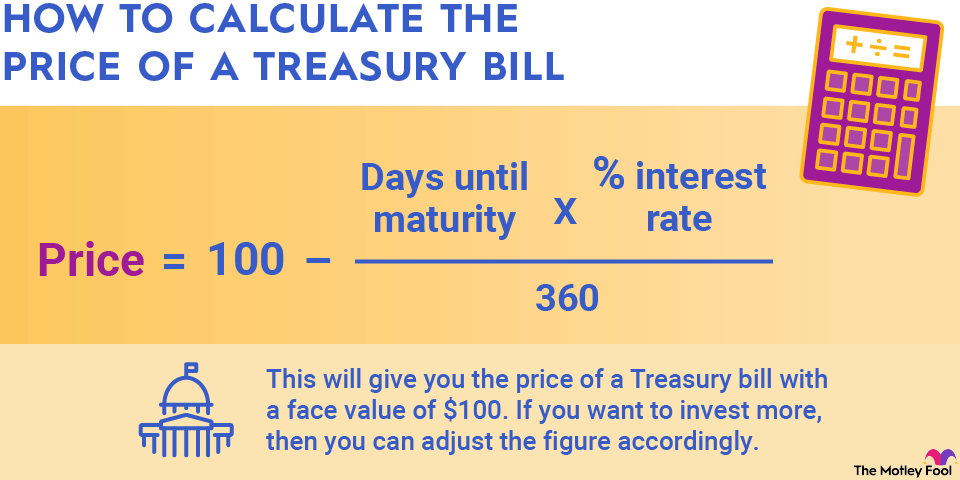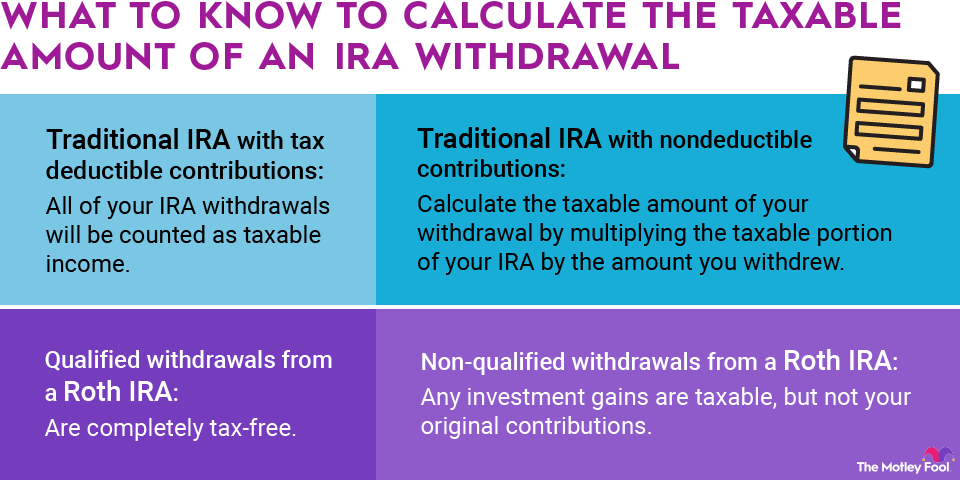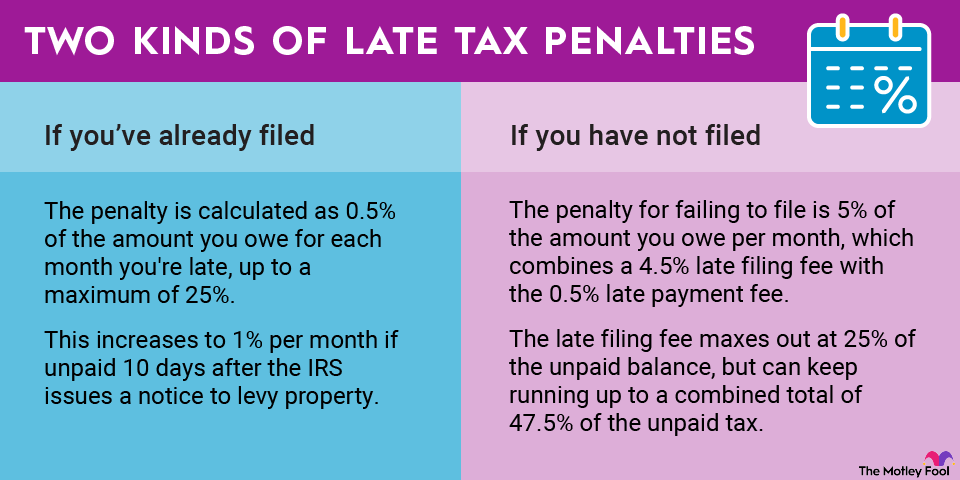Calculating gain or loss
In many cases, calculating the gain or loss on a bond redemption is fairly simple. If you take the redemption proceeds and subtract what you originally paid for the bond, then the difference will tell you the answer. If it's positive, then you have a gain. If it's negative, you've lost money on the bond.
Complicating the issue is that, in some cases, your tax basis will be different from what you paid for the bond. For example, in bonds with what's known as the original issue discount, the bondholder must claim a portion of the discount as taxable income each year. That income increases the tax basis in the bond, reducing the eventual gain upon redemption. In general, taking what you got in the redemption transaction and subtracting the cost basis will give you your gain or loss.
Related investing topics



















